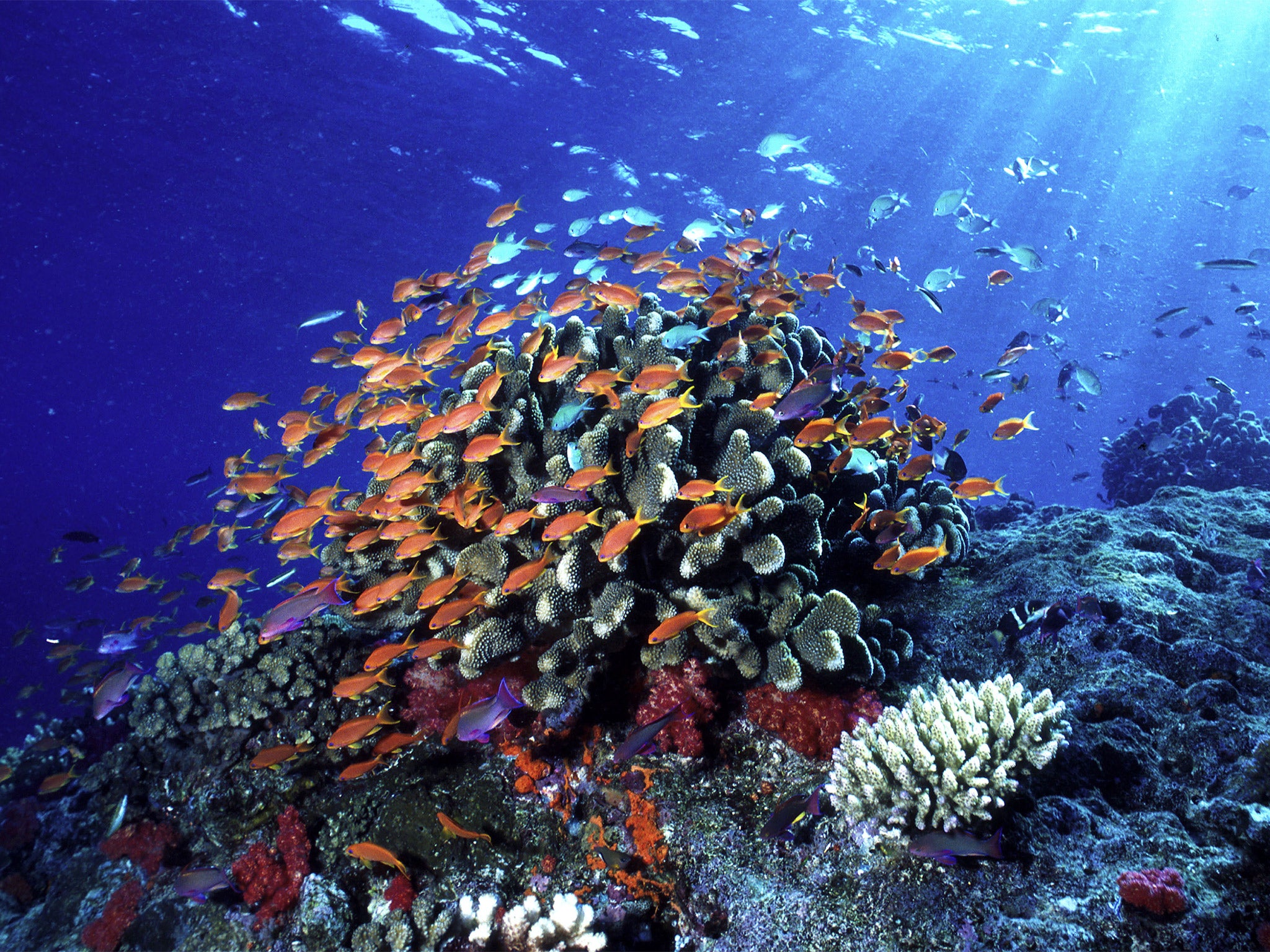50 countries pledge to protect at least 30% of world’s land and oceans by 2030
The commitment aimed at stopping biodiversity loss will be announced today at the One Planet Summit in Paris

A group of 50 countries has pledged to protect at least 30 per cent of the world’s land and oceans by 2030 in a bid to tackle the world’s worsening biodiversity crisis.
The commitment to restoring nature was announced on Monday at the One Planet Summit, a key meeting for world leaders hosted by France, the World Bank and the UN.
The coalition of countries, led by the UK, Costa Rica and France, together account for around 28 per cent of the world’s land animals and a quarter of the land’s carbon reserves.
The group aims to galvanise greater action on stemming biodiversity loss ahead of a key UN biodiversity summit, which is to be held in Kunming, China later this year in May.
At the China summit, around 200 countries will negotiate a new agreement for protecting wildlife. The cross-country group, known as the High Ambition Coalition for Nature and People, hopes to secure a global deal for setting aside 30 per cent of the world’s land and ocean for wildlife.
Andrea Meza, the minister of environment and energy for Costa Rica, said: “Protecting 30 per cent of the planet will undoubtedly improve the quality of life of our citizens, and help us achieve a fair, decarbonized and resilient society.
“Healing and restoring nature is a key step towards human wellbeing, creating millions of quality green and blue jobs and fulfilling the 2030 agenda, particularly as part of our sustainable recovery efforts.”
Stop the Illegal Wildlife Trade
The Independent is demanding a clampdown on poaching and the illegal trade of wild animals. Please click here to support our Stop the Illegal Wildlife Trade campaign
In 2019, a landmark report found that one million animal and plant species are now threatened by extinction as a result of human pressures – including habitat loss through deforestation, the illegal trade of wildlife and global heating, which is creating intolerable living conditions for many species.
Last year The Independent launched its Stop The Illegal Wildlife Trade campaign to demand a clampdown on poaching and the illegal trade in wild animals, working with leading conservationists and charities to protect wildlife at risk from poachers due to the conservation funding crisis.
A second report published in 2020 warned that, if the destruction of wildlife is not curbed, it could lead to the emergence of more pandemic-causing diseases akin to Covid-19.
Animal-borne diseases, known as “zoonotic diseases”, can spread to humans when they come into contact with wildlife. The destruction of the world’s habitats, increased urbanisation and animal migration as a result of the climate crisis is increasing the rate at which humans are coming into contact with wildlife.
In addition to helping to preserve wildlife, restoring and protecting the world’s land and ocean habitats could also boost natural carbon stores, helping to tackle the climate crisis.
Lord Goldsmith, the UK’s international environment minister, said: “We know there is no pathway to tackling climate change that does not involve a massive increase in our efforts to protect and restore nature.
“We have an enormous opportunity at this year’s biodiversity conference in China to forge an agreement to protect at least 30 per cent of the world’s land and ocean by 2030. I am hopeful our joint ambition will curb the global decline of the natural environment, so vital to the survival of our planet.”
A UN report released in 2020 found that the world failed to meet any of the targets for halting biodiversity loss that were set out in 2010. To reverse the loss of biodiversity, any agreement secured in China later this year will need to be met with more ambitious policy actions, analysts say.
Boris Johnson is among world leaders speaking at the One Planet Summit later today. He is expected to announce that the UK will spend at least £3bn on solutions for tackling the climate crisis while restoring nature over the next five years.
Among the countries to get on board with the pledge was Mozambique, where wildlife conservation efforts are being directly hampered by Covid-19.
The southern African nation’s sprawling national parks are largely funded by tourism, which has all but dried up, while the pandemic has also seen a spike in poaching.
Join our commenting forum
Join thought-provoking conversations, follow other Independent readers and see their replies
Comments
Bookmark popover
Removed from bookmarks